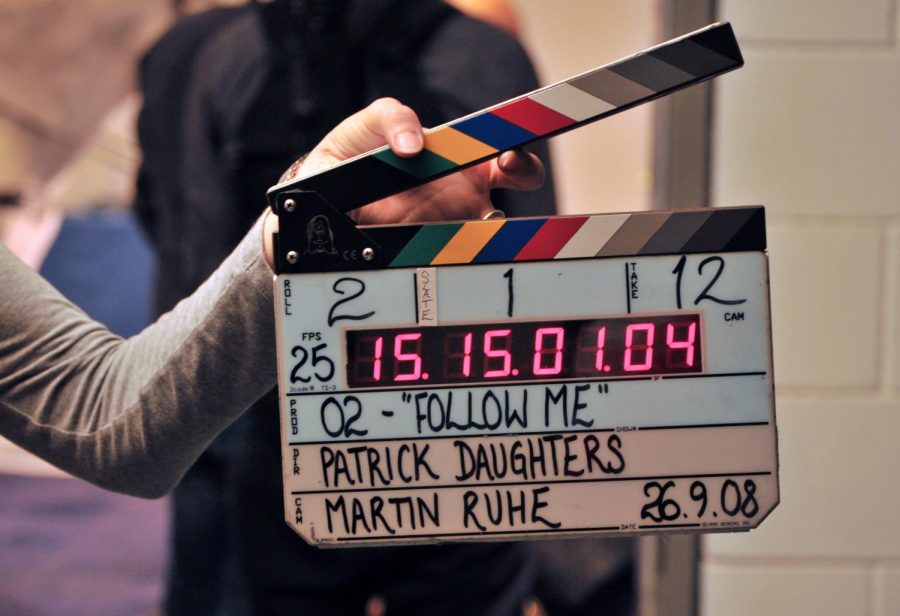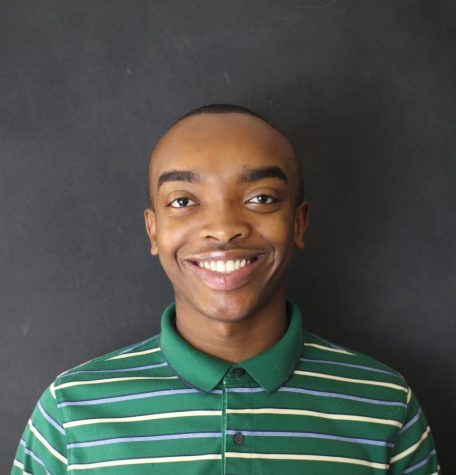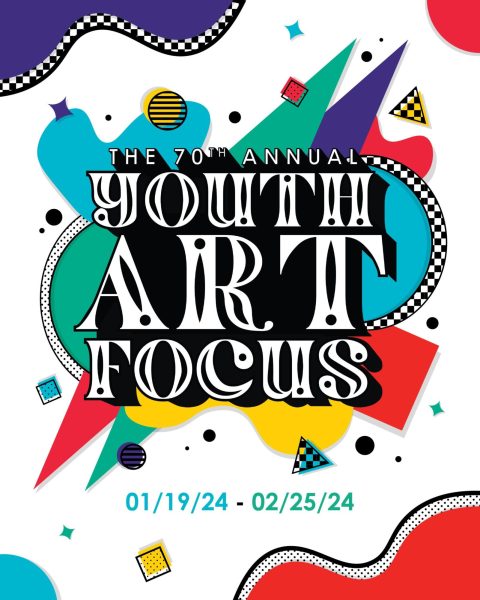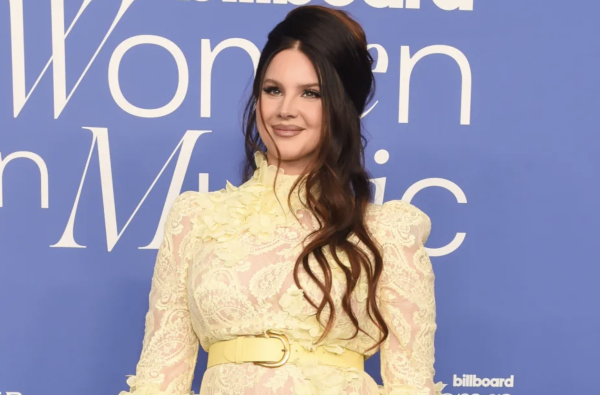Finding the Love in “Love Again”
September 7, 2021
A story of healing, forgiveness and responsibility for one’s own life, “Love Again” transcends the typical melodrama associated with films of its kind. While it does have its roots in the major tenets of the Christian faith, it does not strictly rely on Southern-style theatrics to get its point across. Independently filmed in sunny Pensacola, Florida, the film finds its star in Jason Burkey, who, in my opinion, exemplifies the stubbornness to “let go” that resides within all of us.
The story follows Nathan “Hoops” Hanighan (Burkey) as he attempts to release a seven-year-old grudge towards his best friend, Jeremiah. Jeremiah, played by Ben Davies, commits what many men of the time would consider the ultimate act of betrayal: he falls for Nathan’s girlfriend, Sharon, while Nathan is away at college.
After making the heartbreaking discovery, Nathan decides to try his luck in Angler Island, feeling as though he has no reason to remain in his hometown of Shelton Harbor. The film then fast forwards to a now twenty-something Nathan as he wallows in his own craftily built mound of self-pity. A spark is then placed under Nathan’s feet after his father, a known drifter, suddenly decides to start yet another spontaneous adventure, leaving Nathan with “30 days to grow up.”
Things start to look up as Nathan decides to move back to Shelton Harbor and into the home of his secretly lonely grandmother, whom he affectionately calls “Nona.” To his surprise, he isn’t the only person who has taken residency at Nona’s home. Miranda, who ironically happens to be Jeremiah’s younger sister, lives with Nona and is now the head coach for the local high school’s girls basketball team. Nathan eventually finds himself questioning the validity of his long-held resentment towards Jeremiah as he and Miranda begin to grow closer.
Now if you grew up in the South like me, you have probably heard the phrase “life is short,” more times than you would like. Jeremiah’s eventual, and oddly predictable death reinforces the film’s central idea: forgiveness. Nathan is forced to break the hold that the past has over his heart and start the process of cultivating a new present, ideally one with Miranda.
The story concludes with the typical wedding bells, pallbearers, and bubbles, as Nathan and Miranda wed after giving in to the obvious love they have for each other.
I suppose my only gripe with this film is its lack of professional cinematography. That, however, is made up for by Burkey’s highly relatable performance. As stated in the introduction, this is undoubtedly a Christian film. However, it does not earn its stripes through the preachy, “get right with God” technique that is used in many films of its kind. The issues presented in this film are universal, in that they apply to all of us, even those who find themselves questioning the existence of “The Almighty”.
While it is far from a Quentin Tarantino blockbuster, “Love Again” presents a fresh take on some of the many challenges that each of us faces throughout our lifetimes. It reminds us that ultimately, our happiness, our peace and our quality of life are all dependent on our willingness to heal those parts of ourselves that have grown comfortable with being broken.











